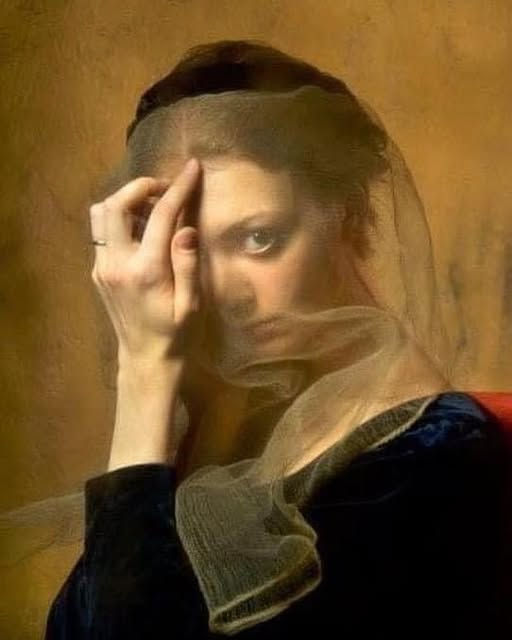Controlled and Uncontrolled Imagination
- smcculley
- Sep 1, 2023
- 3 min read
Updated: Sep 2, 2023
“The happiness of your life depends upon the quality of your thoughts.”
— Marcus Aurelius
I want to thank one of our followers for their question, which reminded me that there is special language of the Fourth Way system that readers may not be familiar with. Many of the same words are also found in ordinary conversations, but which have a very different and precise meaning when used in connection with the Fourth Way. For this reason, we have assembled a Glossary as a reference, which is available from the Facebook Page under the Files tab. The particular word which caught my attention was the word “imagination.” The meaning of “imagination” in the Fourth Way is as different as the word “bat” in baseball is from the “bat” that flies. Typically, we think of “imagination” with very positive connotations. The Oxford English Dictionary has these entries:
1) the faculty or action of forming new ideas, or images or concepts of external objects not present to the senses.
2) the ability of the mind to be creative or resourceful.
3) the part of the mind that imagines things.
On the contrary, however, the meaning of “imagination” in the Fourth Way is “the opposite of Being Present.” If one is in imagination, it means one is not awake but asleep. It is often referred to as uncontrolled mind activity. I find myself in imagination when drinking my morning coffee and staring out the window without attention or awareness. I do not even notice my husband walking into the room. Our Glossary has these entries for imagination:
1) The state in which a person’s attention is devoted to things which are not actually in the moment, often to the complete exclusion of awareness of the immediate environment; the opposite of Being Present.
2) The condition of believing something to be true which is not true, often used in the phrase, “to be in imagination about . . . ”
In the most recent post written by Henry, a question was asked: “Is imagination nature herself,” as William Blake stated? Blake’s comment can be found in a letter he wrote to Reverend John Trusler, who was displeased with Blake’s illustrations which he had commissioned. Putting Blake’s comment into a larger context of the letter helps us better understand that Blake was using the Oxford Dictionary definition “the ability of the mind to be creative or resourceful.” Blake writes, “Some see nature all ridicule and deformity, and by these, I shall not regulate my proportions; and some scarce see nature at all. But to the eyes of the man of imagination, nature is imagination itself. As a man is, so he sees.”
That last line is empowering! “As a man is, so he sees,” which is applicable to either of our definitions of “imagination.” As a man is awake, so he is creative and resourceful. As a man is asleep, so he is in imagination. If we are trying to be present while typing on the computer or present to any other task in our lives, our mind is present and creative and we are the opposite of being in imagination. If we are in imagination, we are asleep.
To understand the use of the term “imagination” we must think in a new way. We must gain control over “the quality of our thoughts” and minds. I tell myself not to wander into internal “bad neighborhoods” just as I would avoid the streets of bad neighborhoods in my community. In the Philokalia, Silouan the Athonite cautions that “The pressure exerted by intrusive thoughts is extraordinarily strong” and my Teacher explains that “We are engaged in a psychological battle to establish Presence over imagination" (intrusive thoughts).
I invite you to practice staying out of imagination for 2 minutes and 54 seconds while listening to Ieva Baltmiskyte perform “Galliard to Lachrimae” composed by John Dowland. https://www.youtube.com/watch?v=rMwZ6ZkzjgU
Lady of Elche, Spain, 5th century BC









Comments